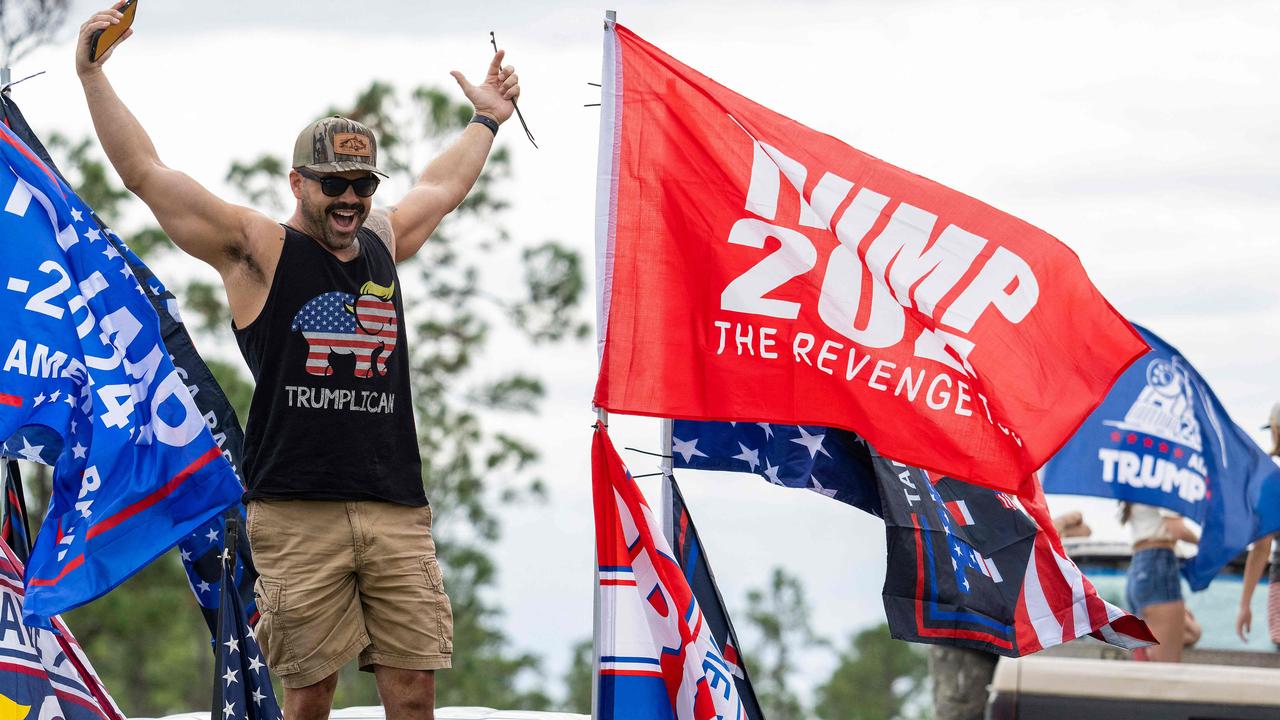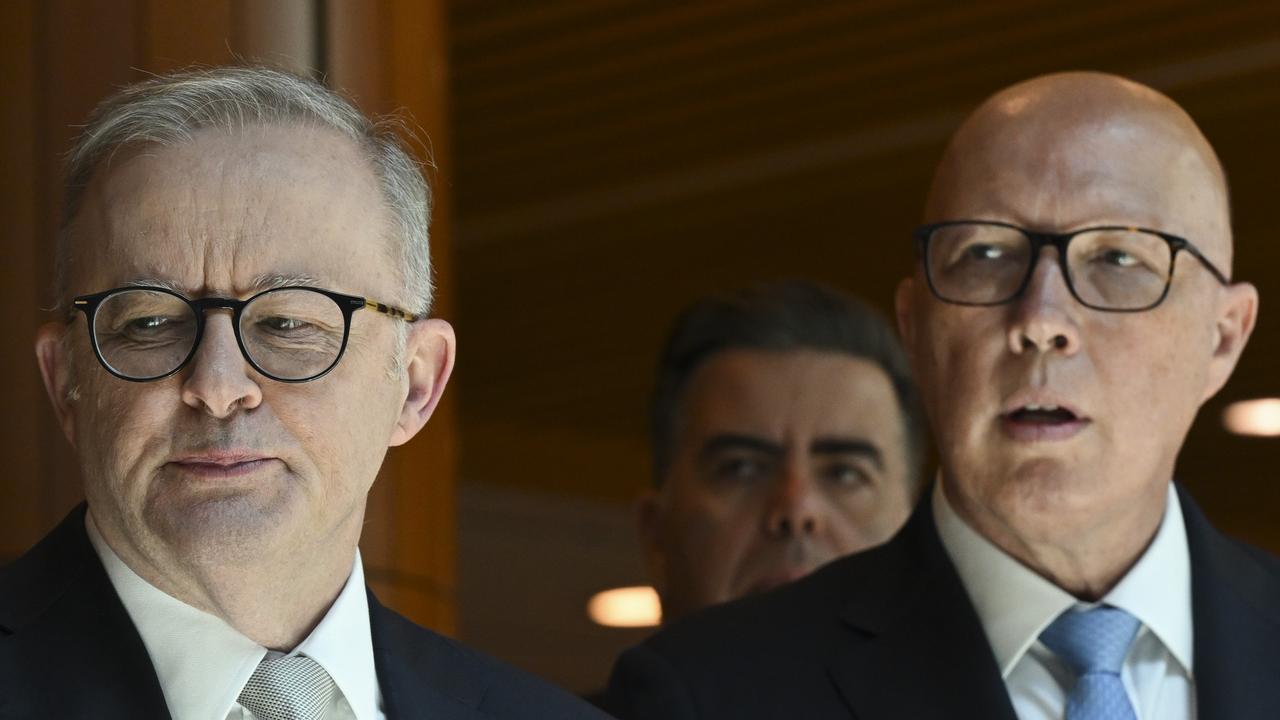When the 2022 federal election will be held
Despite the major parties and a slew of third parties and independents gearing up for campaigns, the poll has yet to be called.
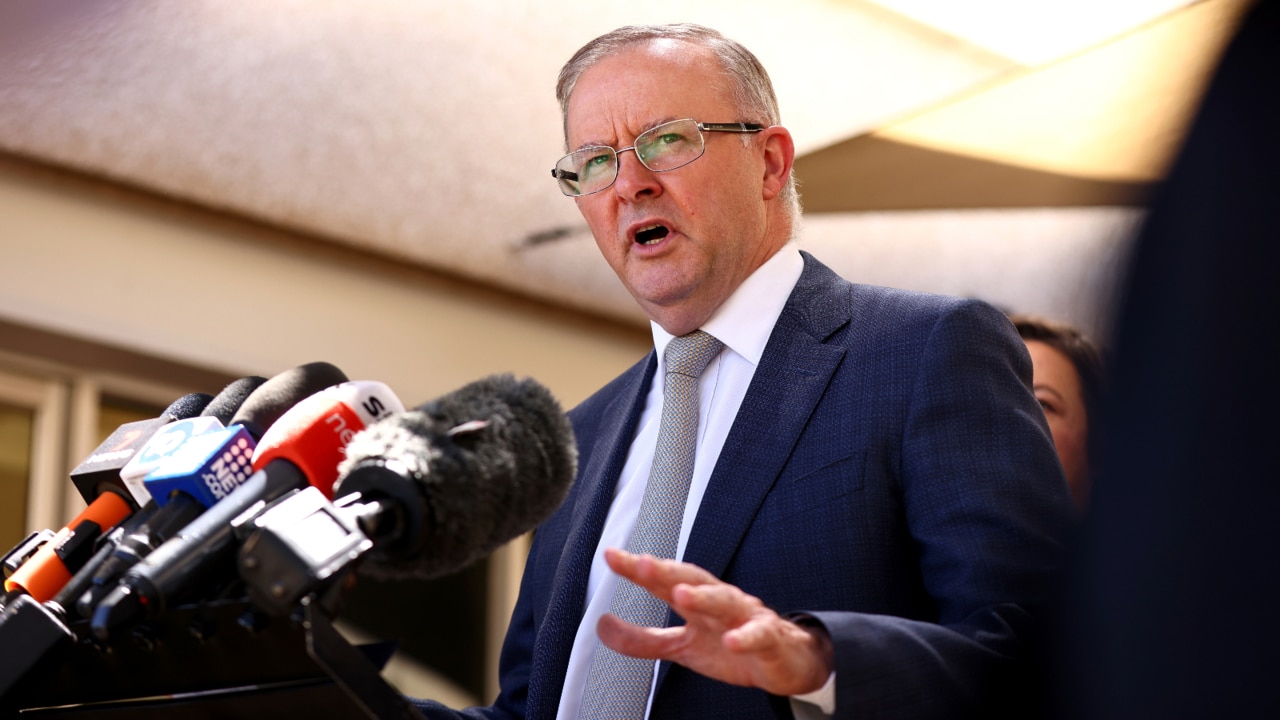
The Prime Minister has been washing hair in front of news cameras and the Opposition Leader has had a makeover. The signs are unmistakeable – we’re approaching an election.
The timing of an election is buried deep in legislation and convention, which we have peeled back to find out when voters will have to go to their local voting booth or submit a postal vote and vote for their electorate’s representative in parliament, which will ultimately decide whether Liberal Prime Minister Scott Morrison will stay in the role, or Labor Leader Anthony Albanese will take the top job.
Because of a whole lot of technicalities detailed in the afforementioned legislation, the Commonwealth Electoral Act, the latest date the federal government can possibly hold a normal election — meaning voting on the House of Representatives and half the Senate — is 21 May this year.
As shown in the above interactive graphic, the election will likely not be held before 7 May because of public holidays and the federal budget.
The budget, to be held Tuesday 29 March, is an opportunity for the Morrison Government to pitch its economic vision for Australia as it moves out of the pandemic.
And as federal election must be held on a Saturday, this means the poll will likely be held on one of these days: 7 May, 17 May, or 21 May.
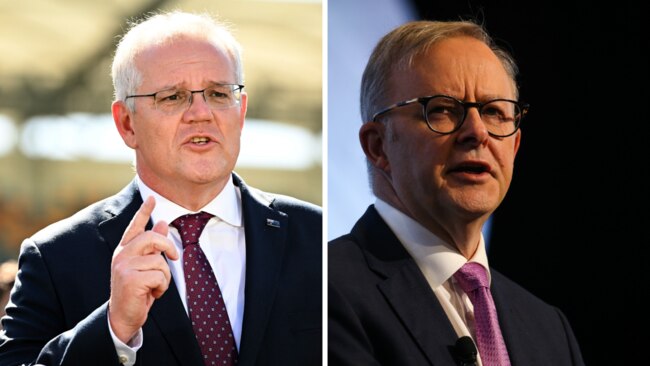
When Scott Morrison needs to set the date
There has to be at least 33 days between an election being called and the day of the poll.
In turn, this means the last day that Mr Morrison can ask the Governor-General to call the election is 18 April.
There are still other options for the Prime Minister. Notably, the House of Representatives election can be held later, since the current term of the chamber expires on 1 July, meaning that the latest an election can be held is on 3 September.
It is extremely uncommon for the PM to call separate elections for the House of Representatives and the half-Senate (senators serve six-year terms and there are two alternative halves voters elect each time).
In general, voters do not like to be asked too often to attend an election, and it is all but guaranteed the Prime Minister would not opt for this course of action, though it is technically legal.
The last time a one-chamber election was held was in 1970 during a particularly tumultuous era in Australian politics.
Why the Prime Minister gets to pick the date
Australia is one of few democracies where the head of government gets to select the date of the election to one that is advantageous for them.
The Australian National University’s Associate Professor Ron Levy, an expert in the intersection of public law and political theory, said that this stems from British constitutional tradition imported to Australia’s system.
“It’s a bit of a holdover from the time in British constitutional history when nothing was quite rigidly set down. We didn’t have very strict rules about precisely when you held an election and so on. But more to the point, it’s a bit of a hangover from responsible government, in that it seems to be an example of the fact that government is not a mandated government like in the US presidential model, it’s the kind of government that can rise or fall in a much more unpredictable way,” Prof Levy said.
“In fact, this is the way that things were done for many years – centuries, even – until in recent years Canada and Britain passed fixed term government acts, but we still don’t have that in Australia, other than the three year constitutional limit of government.”
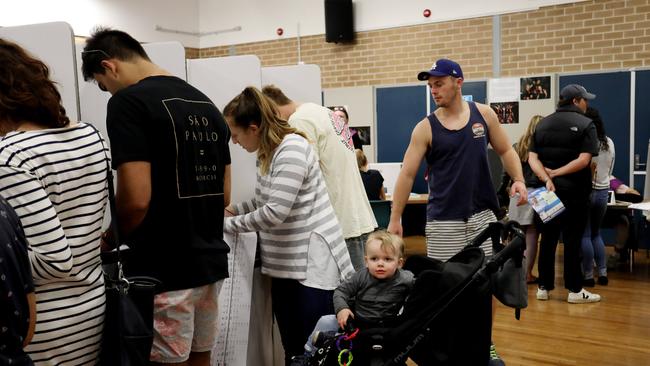
When asked whether this was fair and desirable for good government, Prof Levy said he was ambivalent.
“The responsible government model is one that works brilliantly,” he said.
“The Prime Minister has clearly been watching the polls and looking for the most opportune time. And unfortunately for him, it never came, which is why he’s going to most likely serve out the entire three years. You can say it’s an incumbency advantage, which is not particularly fair.
“But that’s arguably the cost of responsible government. In the British (model of fixed-term government), it’s hard to call a new election. I think that we would lose something if we changed that in Australia.”
How Covid will impact polling day
Another wrinkle in the story is that this election is also going to be held during a pandemic. Despite the fact that the pandemic is no longer front of mind for many people, and the fact that multiple states and territories have held elections during the past two years, this election will be unique because it will likely be held during a period of relatively high spread.
The Australian Electoral Commission, which administers the election, has said that it is “consulting regularly with health authorities” to minimise risk from Covid during the elections. South Korea, which re-elected its president earlier this month, took a novel approach – it specifically allotted hours during which people with Covid were to vote so as to minimise contact with people who do not.
Originally published as When the 2022 federal election will be held



